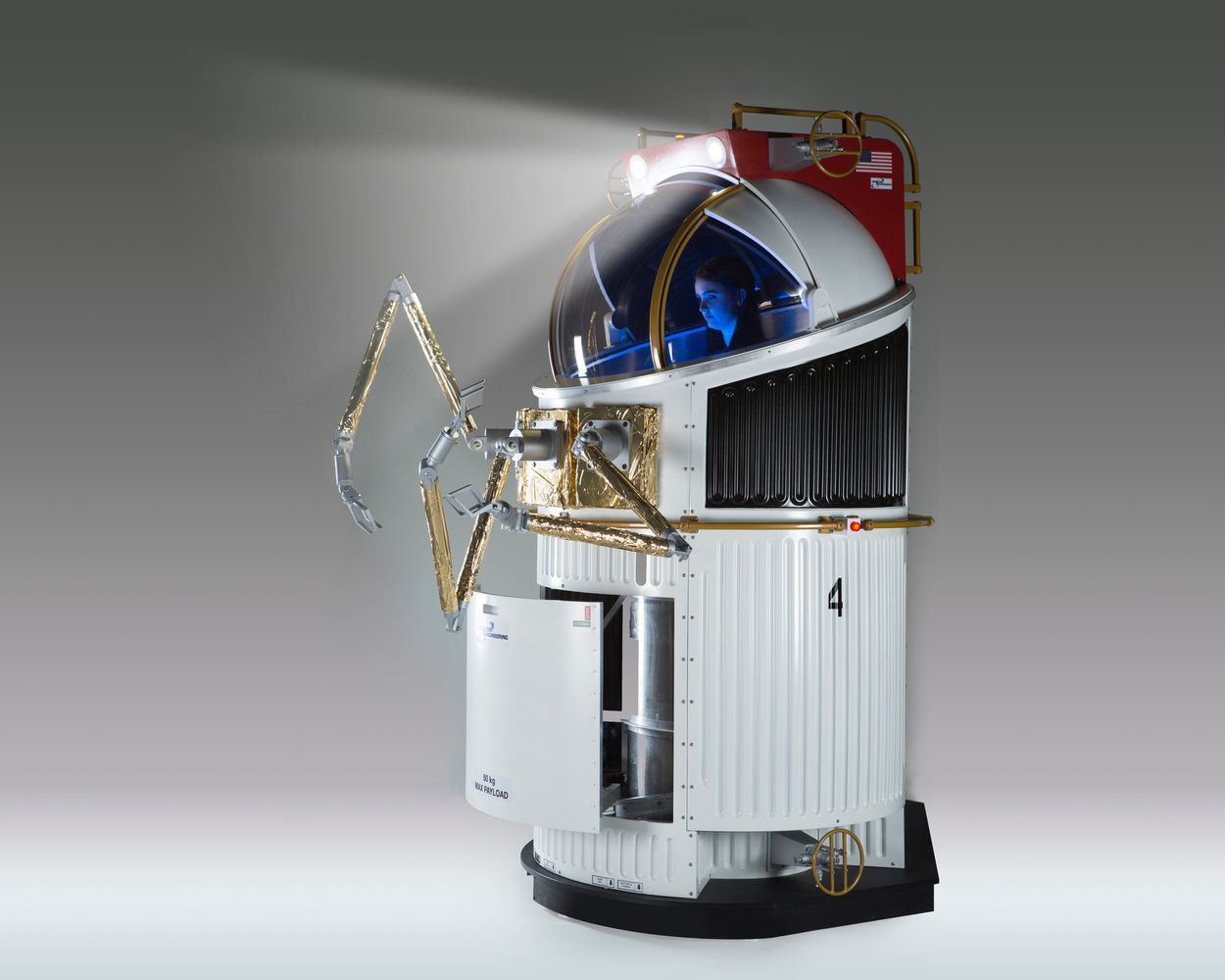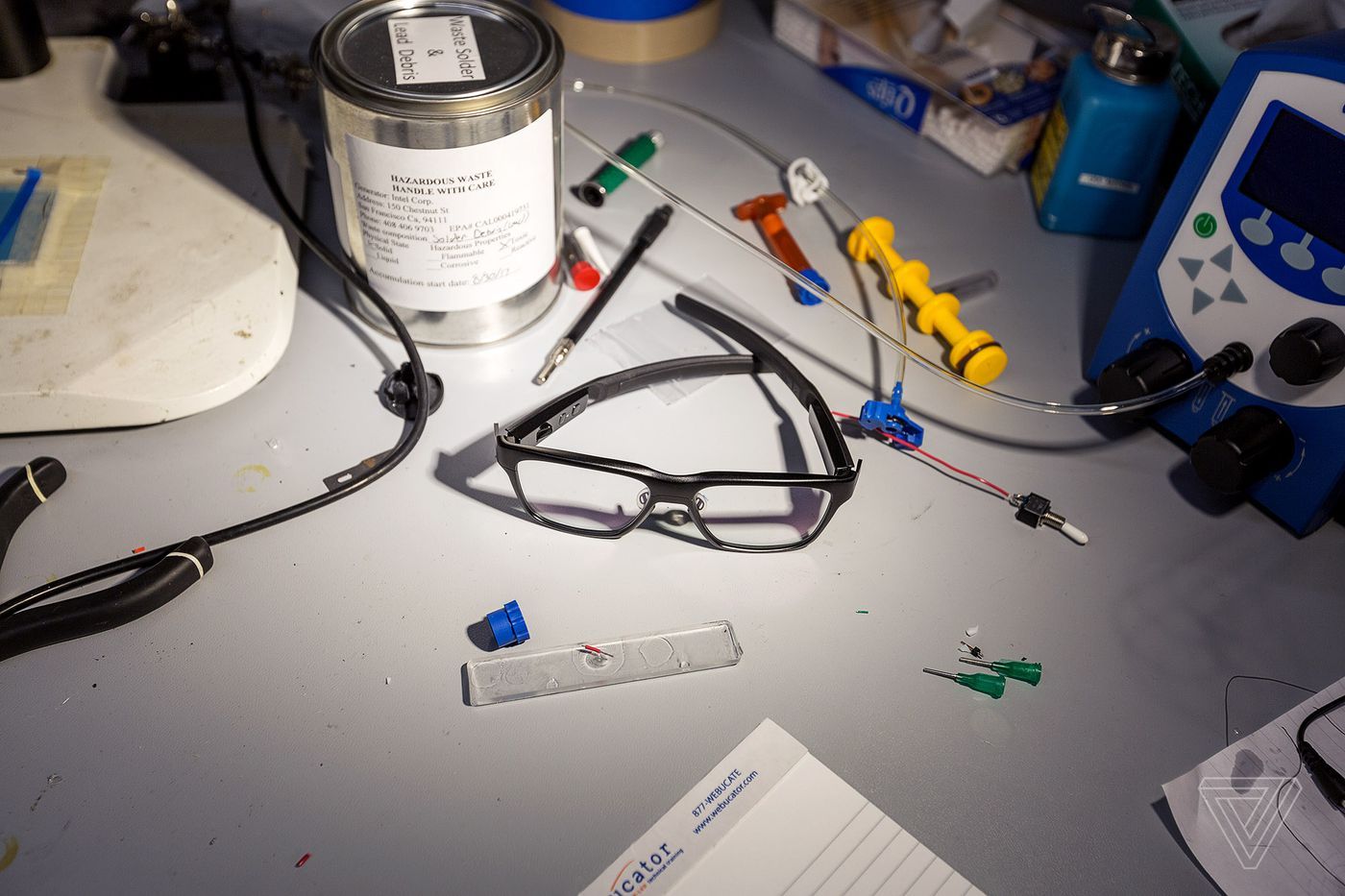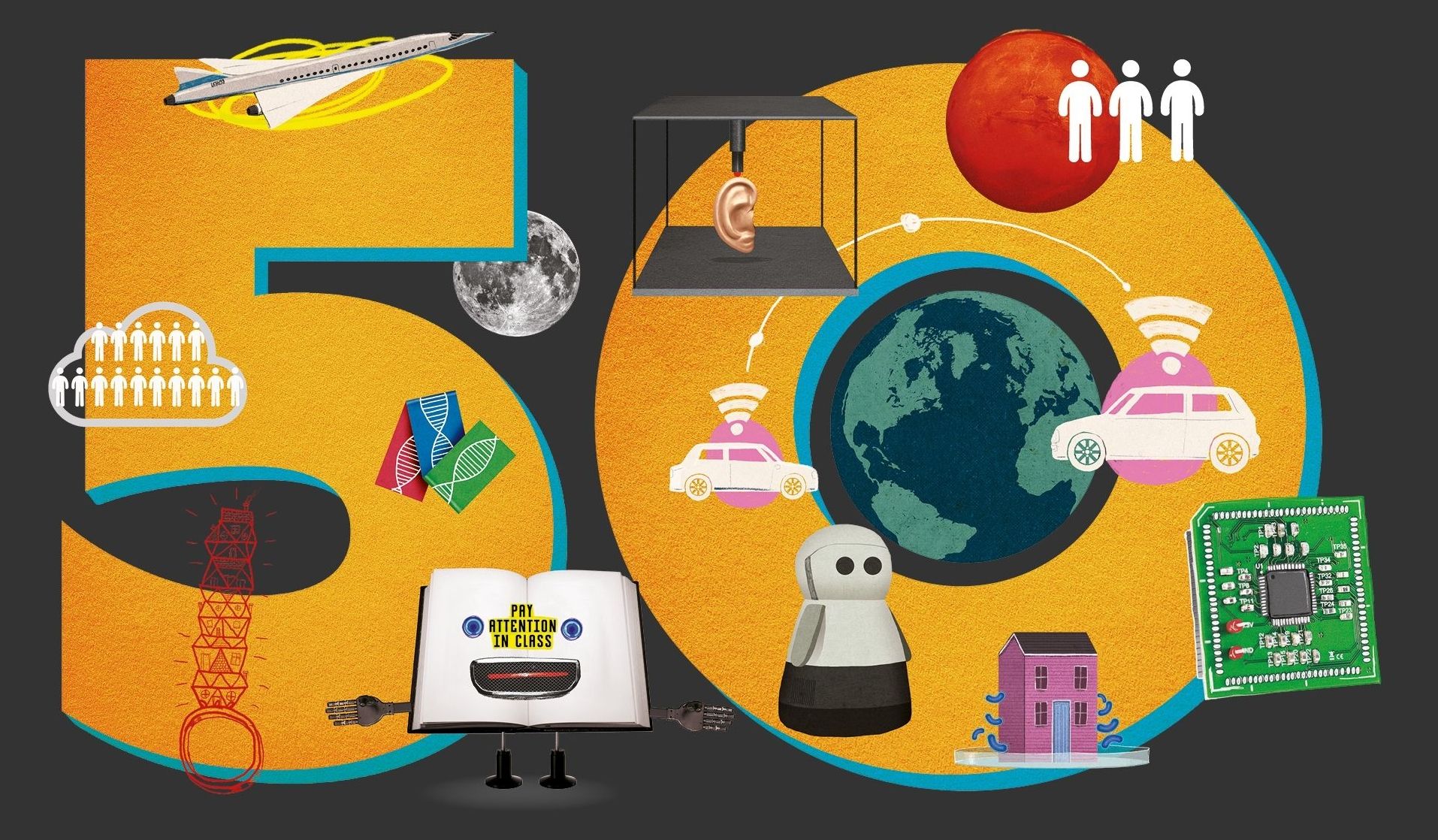Page 10004
When we talk about life extension, we mean people living much longer than they do now, and, more importantly, people who are healthier for longer. For example, we mean being 120 with the health of a 30-year-old. Hang on, though—hasn’t a person who is 120 years old already more than lived their life? Hasn’t that person’s time more than come?
News flash: you haven’t lived your life until you’re dead, and even then, you might not necessarily have crossed off all the items on your list. So, no, there is no such thing as an age when you have, by definition, “already lived your life”—not 80, 90, 100, nor any other. What people actually mean when they say that someone has “already lived their life” is that, in their opinion, that person has lived long enough, and thus he or she might as well, and perhaps even should, die.
People who, for one reason or another, fear a world without aging tend to say things like that. Personally, I am much more afraid of a world where other people get to tell you when your life has been long enough, and, consequently, I tend to say that the only one who should have the right to decide when you’ve lived long enough, if ever, is you—not other people, not nature, not an imaginary greater good. You.
Feb 5, 2018
Former Intel president launches new chip company with backing from Carlyle Group — By Ron Miller | TechCrunch
Posted by Odette Bohr Dienel in categories: business, computing, security
“Ampere, a new chip company run by former Intel president Renee James, came out of stealth today with a brand-new highly efficient Arm-based server chip targeted at hyperscale data centers.”
Feb 5, 2018
Why Quantum Computers Will Be an Amazing Tool for Social Innovators — By Darlene Damm | SingularityHub
Posted by Odette Bohr Dienel in categories: computing, quantum physics

“Eventually, as the kinks are worked out, quantum machines will have a wide impact from scientific research to business. But there’s another area that could benefit from their problem-solving prowess too: Social impact.”
Tag: Society
Feb 5, 2018
Intel is making smart glasses that actually look good
Posted by Klaus Baldauf in category: futurism
The most important parts of Intel’s new Vaunt smart glasses are the pieces that were left out.
There is no camera to creep people out, no button to push, no gesture area to swipe, no glowing LCD screen, no weird arm floating in front of the lens, no speaker, and no microphone (for now).
Feb 5, 2018
A Potential Blood Test for Alzheimer’s Disease
Posted by Steve Hill in categories: biotech/medical, neuroscience
A simple technique to measure the amount of amyloid beta in the brain could improve diagnosis and drug trials for Alzheimer’s disease, according to the results of new research.
A simple blood test
Japanese researchers led by Dr. Katsuhiko Yanagisawa have published a new study suggesting that a screening test could help to boost the success rate of Alzheimer’s drug research. The research team has shown that a simple blood test can accurately measure the amount of amyloid beta, a protein that appears in the early stages of Alzheimer’s disease.
Continue reading “A Potential Blood Test for Alzheimer’s Disease” »
The FT has enlisted the help of readers, researchers and entrepreneurs to find 50 new ideas that will shape the world in the future.
The first 30 ideas have addressed the challenges of a growing world population, resource scarcity and looked at new ways to handle information and education. The next tranche of ideas, on healthcare, will be published on 5 March 2018.
Feb 4, 2018
Lloyds Bank to ban credit card owners from buying cryptocurrencies | Reuters | Yahoo News
Posted by Odette Bohr Dienel in categories: bitcoin, cryptocurrencies, finance
“Lloyds Banking Group Plc said on Sunday it would ban its credit card customers from buying Bitcoin and other cryptocurrencies.”
Tag: Banking
Feb 4, 2018
European Utility Giant Says ‘No’ To Crypto Mining, Even With ‘Clean Energy’ — By Molly Jane Zuckerman | Cointelegraph
Posted by Odette Bohr Dienel in categories: cryptocurrencies, energy, environmental
“In a brief statement to Reuters, the Italy-based company said that they had “no interest whatsoever in selling power”to a mining company”

















